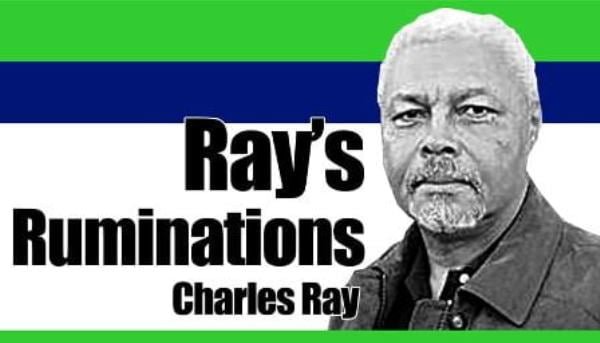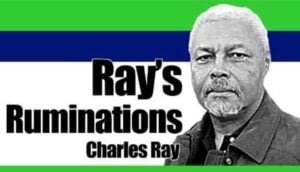
The Treaty of Paris, signed on September 3, 1783, between representatives of King George II of Great Britain and representatives of the new United States of America, officially ending the hostilities that came to be known as the American Revolution, ostensibly severed the umbilical between the new republic and its imperial colonial master.
The new United States had no kings, but was a government representative of the people. It was founded on the principle of being uninvolved in the machinations of the royal courts of Europe. We refused to even appoint ambassadors until 1893, when Thomas F. Bayard, was appointed ambassador to Great Britain by President Grover Cleveland. Our view was that ambassadors were too closely associated to monarchs, so we appointed ministers instead.
With that kind of background, one would think that Americans (at least those North Americans who reside in the United States) would not be concerned with the goings on of the royal courts, in particular the Court of St. James.
You would be wrong, oh so wrong.
I realized that the American love affair and obsession with kings and queens was very much live and well in 1957, when Queen Elizabeth II and Prince Philip made their first state visit to the United States, five years into her reign. The country went completely ga-ga. That’s not to say that everyone was impressed.
Some people were incensed when an American woman—I don’t remember if it was a government official or the wife of one—curtsied to her when they met. It featured prominently in the media, and some, mostly opposition politicians, were furious that an American would do such a thing.
My next wake up was in 1981 when Prince Charles married Diana. For the longest time until some time after the royal wedding, you couldn’t turn on an American TV channel without seeing play-play by coverage of the runup to the nuptials, the ceremony, and more information about the new Princess Di than any sane person needed to know.
I think it was about then that I realized that it wasn’t having a king that bothered us, it was having a king who didn’t respect us. I began to get the feeling that we Americans, or at least a significant portion of the population, wanted to be led by a king.
How do I know this? Well, look at how we treat our presidents. Like kings. We are the only established western democracy that holds our presidents up as if they were rulers by divine right, even when they’re no longer in office. In other democracies, presidents who break the law are thrown out of office and sometimes even thrown in jail. Not so in the United States. At least, not yet. There are, for me at least, welcome signs that a large number of people are tiring of the imperial presidency. I guess it took having an irredeemable con man and serial liar in the Oval Office to open eyes. Then again, I could be wrong. There are still a lot of people who feel that presidents and former presidents should be given undue deference in all things. It’s like they have a license to kill—another cultural norm we got from our former rulers, a la, Bond, James Bond, 007.
Now, don’t get me wrong. I’ve nothing against kings. If other countries wish to be ruled by a king, that’s up to them. I’ve even known and respected a few kings. But living in a country ruled by a king—and even the British have put up some guardrails around their monarchy—is not for me.
Will we ever lose our obsession with monarchs. The flurry of interest and media coverage of the marriage of Prince Harry and the American actress Meghan Markle tells me that we’re still a long way from doing so.
But, I keep hoping. – NWI




